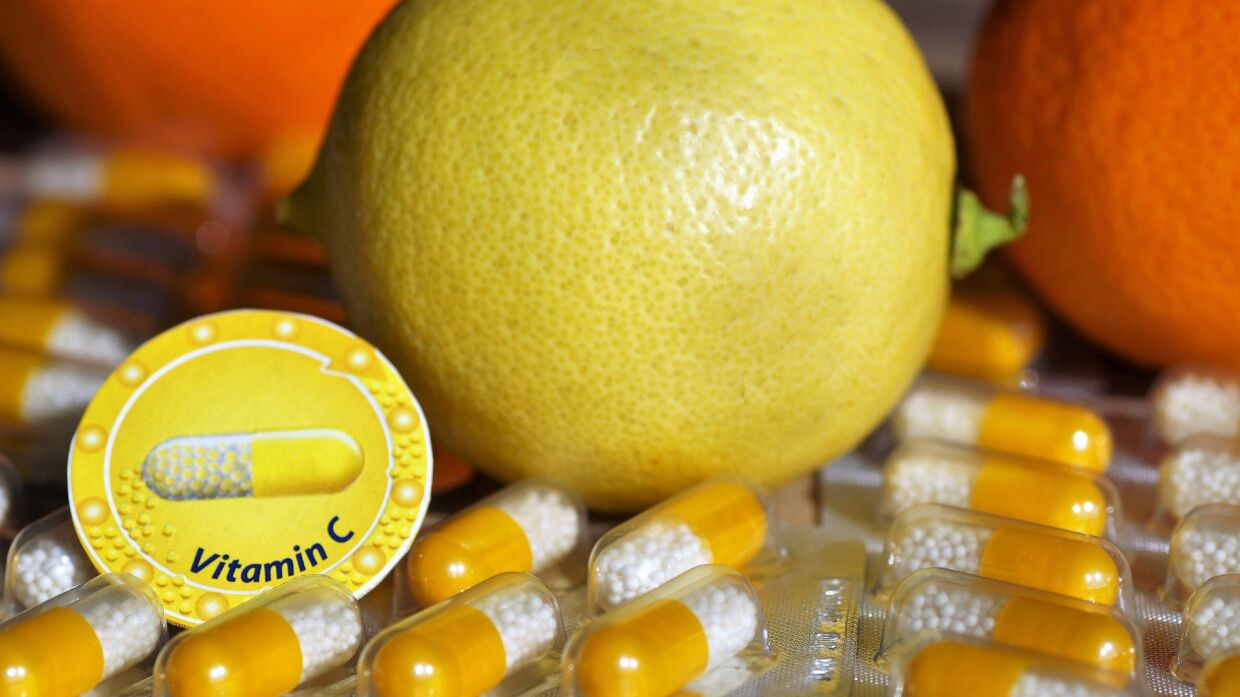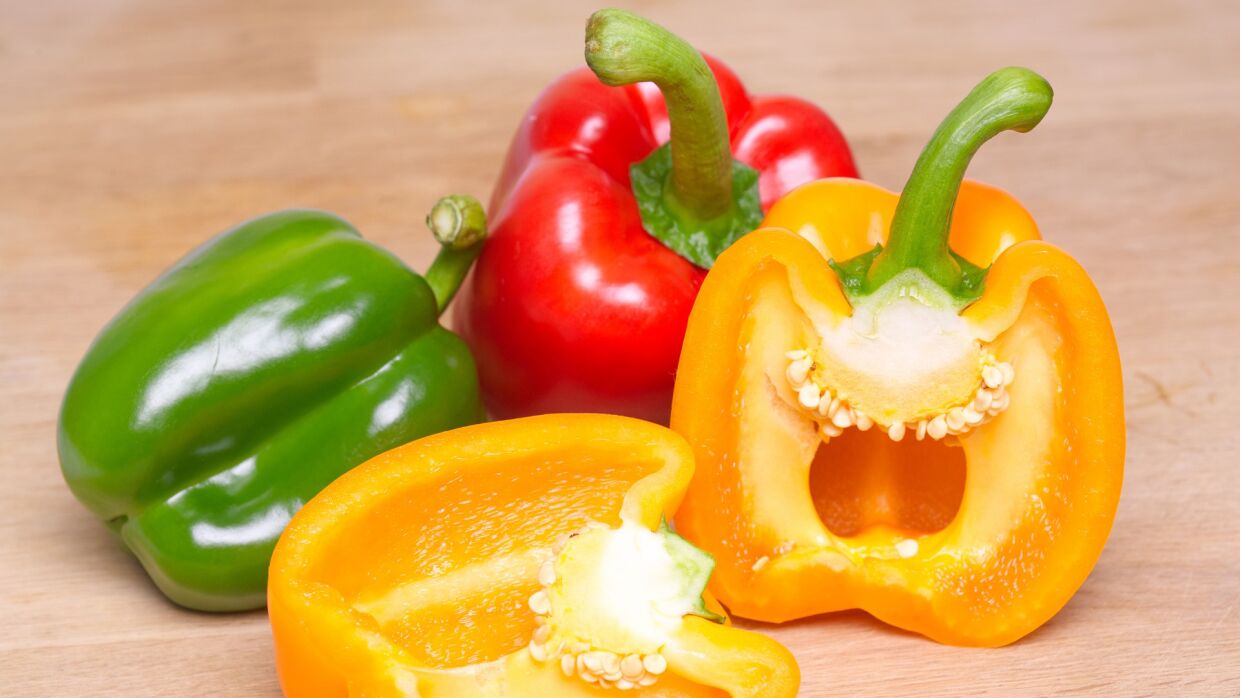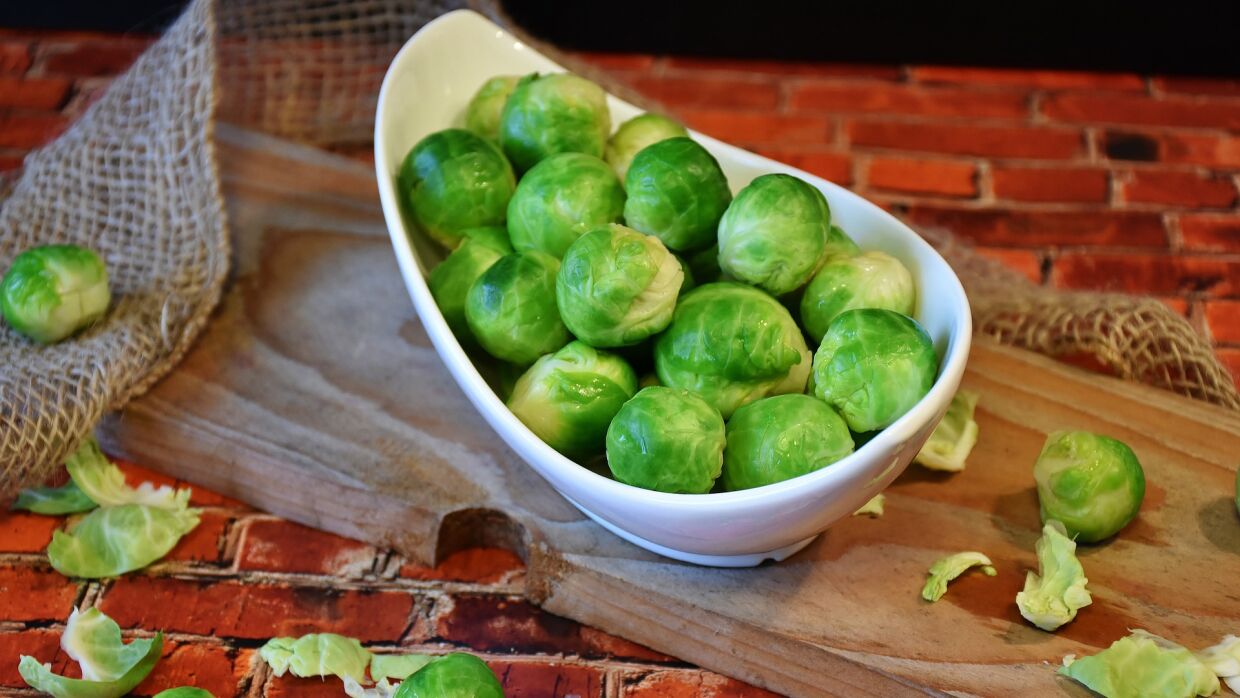
Vitamin C (or ascorbic acid) considered an essential substance for the normal functioning of the immune system. It's almost like that. Vitamin is really needed by the immune system, as it promotes the activity of immune cells, but the antiviral action, contrary to popular belief, he doesn't have.
Why is vitamin C important in foods?
But it does not mean, that vitamin C in foods is not important. in front of, its functions in our body are very wide. Ascorbic acid is involved in the production of skin cells and collagen synthesis. Its deficiency makes the skin flabby, destroys the walls of blood vessels, reduces the strength of bones and teeth. Also, the substance has antioxidant activity.: it protects cells from oxidative stress and prevents cancer, that's why it's so important to know, which contains vitamin C and regularly include its sources in the diet.
Ascorbic acid is not produced or accumulated in the body, you can only get it from food. The body has enough 90 mg substance.

Vitamin C foods
Ascorbic acid is found in many foods. Its main sources are fresh vegetables and fruits.. During heat treatment, it collapses (this happens at temperatures above 70 degrees), so people have, who do not eat enough fresh vegetables and fruits, symptoms of ascorbic acid deficiency may occur:
- bleeding gums;
- long wound healing;
- severe and long course of colds;
- sagging skin;
- unreasonable appearance of bruises on the body;
- anemia.
Vitamin C in foods helps prevent these dangerous processes. Here are the champions in its content.
Rose hip
Small sour fruits contain a lot of ascorbic acid. Only six berries give 132% daily substance intake. When dried, part of it is destroyed., and if you pour boiling water on the rosehip, then there is no benefit in the drink.
Rosehip drink is prepared like this:
- knead a handful of fruits;
- fall asleep in a thermos;
- fill with water temperature 50-60 degrees;
- leave overnight.
With such a gentle treatment, the valuable substance remains in the drink.
Sweet yellow pepper
It contains a lot of vitamin C: one small fruit contains almost 140 mg, What's on 50% more than the daily allowance. Add juicy, crispy peppers in vegetable salads and eat with vegetable oil.

Bitter pepper (chili)
Interesting, what among the products, where vitamin C is contained, chili peppers are in the lead. Just one green pod stores 120% daily allowance, whereas sweet red peppers - total 70%. Bitter peppercorns are beneficial and, thanks to capsaicin, are a burning substance, which thins the blood, accelerates metabolism and has anti-cancer effect.
Black currant
This berry is not overly respected for its pronounced sourness., but in terms of benefits, it is ahead of most vegetables and fruits. Total 50 g black currant (literally half a glass) contain 100 mg of ascorbic acid, and also biologically active compounds - anthocyanins, which support heart health and protect against cancer.
After freezing, valuable substances in currants are stored for up to a year., so feel free to store the berries in the freezer for the winter.
Parsley
It is useful to add fresh parsley to salads and season soups with it after cooking.. In a bundle weighing 100 g is 130 mg vitamin C, and in a tablespoon of finely chopped greens - almost 15% from the daily requirement.
Also, parsley contains vitamins A and K., as well as substances, which help iron from other foods to be better absorbed in the body. It reduces the risk of iron deficiency anemia..
Cabbage
The champions in the content of ascorbic acid among cabbages - kale (leaf), broccoli and brussels sprouts. A handful of chopped cabbage will provide your daily requirement for vitamin C. Besides, crucifers are rich in antioxidants. Lutein and Zeaxanthin Help Maintain Eye Health and Good Vision, and fiber improves digestion and cleanses the intestines.

Citrus
It is no coincidence that in the 18th century sailors took lemons with them on their voyages.. Scientists have calculated today, that in one sour fruit with the peel of ascorbic acid there is almost a daily rate. In this form there are them, of course, not worth it - it hurts teeth, but adding lemon juice to vegetable salad is healthy and tasty.
Oranges are sweeter and tastier. In one medium-sized fruit - 70 mg of valuable substance.
Kiwi
Sweet overseas fruits with a shaggy skin have long become familiar on our tables., and in winter they can be a good source of vitamin C. One kiwi fruit contains a little more 70 mg, that is, for the daily requirement, it is enough to eat a couple of kiwi per day.
Author: Tatiana Torskaya











